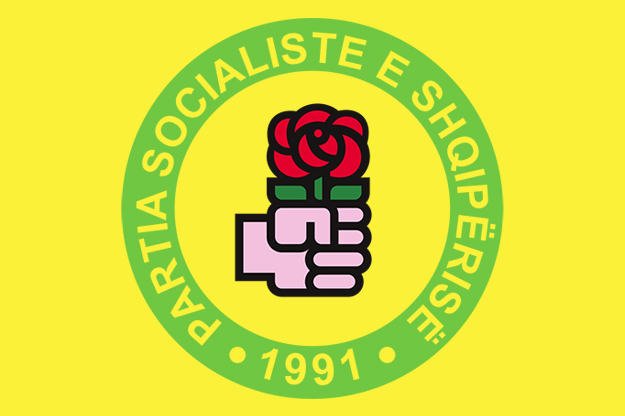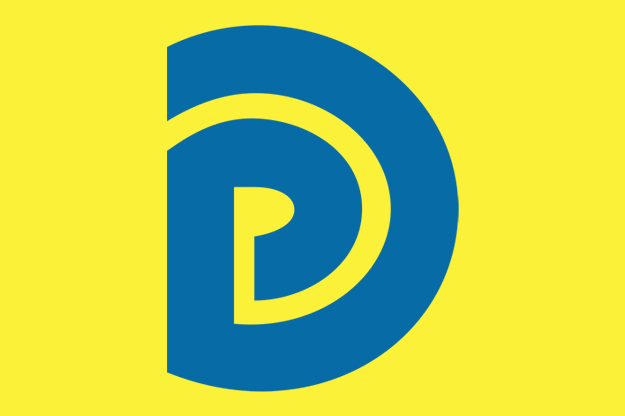This Sunday (June 25), Albania will hold general elections that are seen as crucial for the further development of the country. However, the means that the parties running have decided to use to convince voters seem different from those utilized in the past, as they are campaigning with no clear programs, focusing more on political battles between themselves.
The Socialist Party came to power in June 2013 thanks to an ambitious program, which at its core aimed to achieve political, economic and social changes throughout the country. They included some center-left ideas such as economic growth at over eight percent, creating 300,000 new jobs, reducing the public debt to 60 percent of GDP, favoring medium and small sized businesses through progressive taxation, increasing public security and offering free health care services.
However, unlike in past campaigns, this time the Socialist Party has given up on their political program and ignored their responsibility for their failure to implement key reforms, including their failure to create new jobs, their contribution to the increase of public debt (which surpassed 72.2 percent of GDP) as well as their failed healthcare reforms and war against corruption. In March, Albania was described by the U.S. State Department as a transit country for drugs, arms, illegal merchandise and human trafficking. A huge part of the country’s illegal income stems from trafficking, corruption among officials and fraud.

Edi Rama’s Socialist Party came to power in 2013, but have been criticized for not living up to their bold election promises.
Prime Minister Edi Rama promises to build a state with strong foundations and no political clientelism. The only thing he asks of the electorate is to give him the opportunity to govern alone, without their main ally, the Socialist Movement for Integration. Rama stigmatizes them by saying that they are at fault for the failure to achieve the country’s goals, applying the same treatment to other parties in the government’s coalition, including the Party for Justice, Integration and Unity.
“I would not be honest with this country and all of you if, before June 25, I didn’t warn you of the eminent danger [posed by the prospect of governing with other parties],” he announced to Socialist Party supporters, asking for a minimum of 71 parliamentary seats, six more than the 65 he held in the most recent legislature.
“If you do not trust us completely with the responsibility of steering the wheel of governance,” Rama continued, “then no one would vote for reforms [in parliament], and we would still have to endure party partisan employment as rewards.”

Though an anti-government feeling is bubbling in the country, the main opposition, the Democratic Party, don’t look set to capitalize.
The Democratic Party has also entered this election process facing a lot of criticism, since during the four years in which they were in the opposition, they have not managed to compile a convincing program for voters, one which would crystalize the anti-government spirit that is currently prevalent in the country.
There were even doubts over whether they would take part in elections, after their surprise decision to set up a tent-based protest in front of the prime minister’s office in Tirana in March, calling for Edi Rama to resign and to create a technical government with a broad base, so as to ensure free and fair elections.
After three months of intensive negotiations and insistence from high representatives of the U.S. and EU, the Democratic Party agreed to go to early elections; in exchange for ousting six ministers and the deputy prime minister, whom they consider to be potential threats that could negatively influence the election process. These officials were substituted by technical ministers that were proposed by the opposition.
This unexpected agreement and the huge doubts over whether the Democratic Party may be a part of a coalition with a broad base (led by Edi Rama) after the elections, have made for a reluctance to criticize the current majority.
The head of the Democratic Party, Lulzim Basha, promises to lay the foundations for building a new republic, based on an economic program with a German model, with a flat tax rate of nine percent, an increase of pensions over the 25,000 Lek threshold, and free lunch for all pupils in the preschool system. However they do not offer details of how all this would function.


